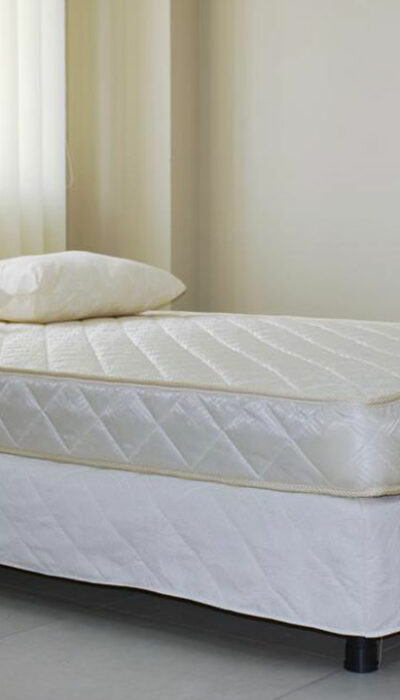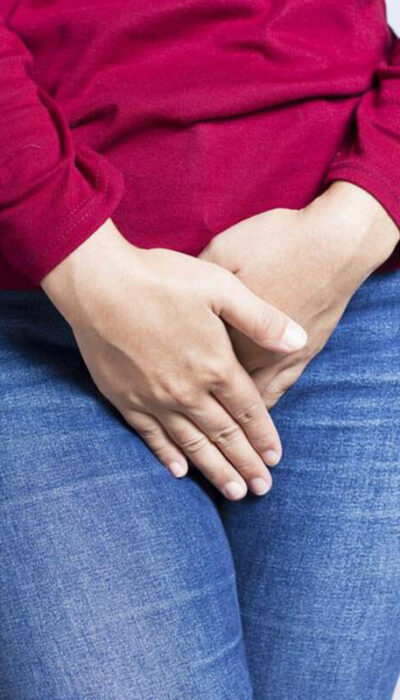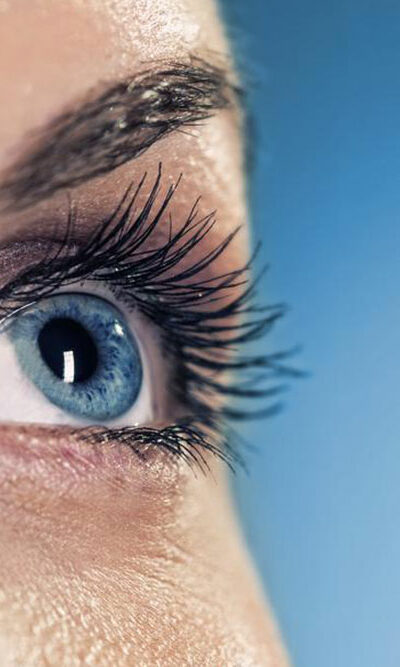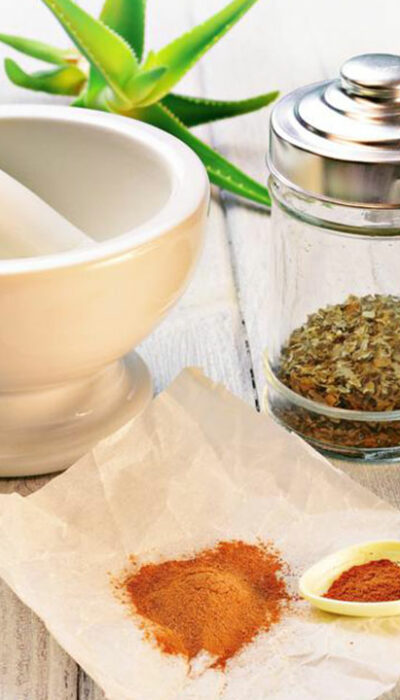
Causes and Treatments of Hemorrhoids
Hemorrhoids, commonly known as piles, are responsible for severe swelling or enlargement of the veins in the lower part of the rectum. As we know, the walls around such organs comprise of thousands of blood vessels. A condition in hemorrhoids causes these very vessels to stretch out, leading to an unpleasant and painful experience. Although having hemorrhoids can be a dreadful situation, they can be easily treated with simple ointments, suppositories, and non-surgical options, if and when treated on time. What causes hemorrhoids? The enlargement of veins around the anus can be caused by the following factors: Aging : Such a condition usually occurs among adults aged between 40 to 65 years. This, however, does not mean that it cannot affect people at a younger age. Constipation : Chronic constipation triggers the formation of hemorrhoids due to excessive pressure on the blood vessels. Pregnancy : During pregnancy, the uterus enlarges, which puts additional pressure on the veins, causing them to bulge. Relief from hemorrhoids in such a condition can be incurred by consuming high fiber food like whole grains, fruits, and vegetables. Heavy lifting : Lifting heavy weights without proper padding and knowledge can trigger the enlargement of veins around the rectum area. Obesity : Diet-related obesity can cause hemorrhoids. Sitting for long periods : Long periods of sitting in one position, especially on a toilet seat, can trigger hemorrhoids. Hemorrhoids can be of two types: Internal hemorrhoids : These occur deep inside the rectum. They are usually painless, but they can worsen if excessive straining activities are undertaken. They tend to protrude through the anus and are, hence, commonly called protruding or prolapsed hemorrhoids. Such type of hemorrhoids can be very painful. External hemorrhoids : These are visible abruptions and usually occur under the skin around the anus. They are far more painful than internal hemorrhoids due to the presence of more sensitive nerves around the rectum.










